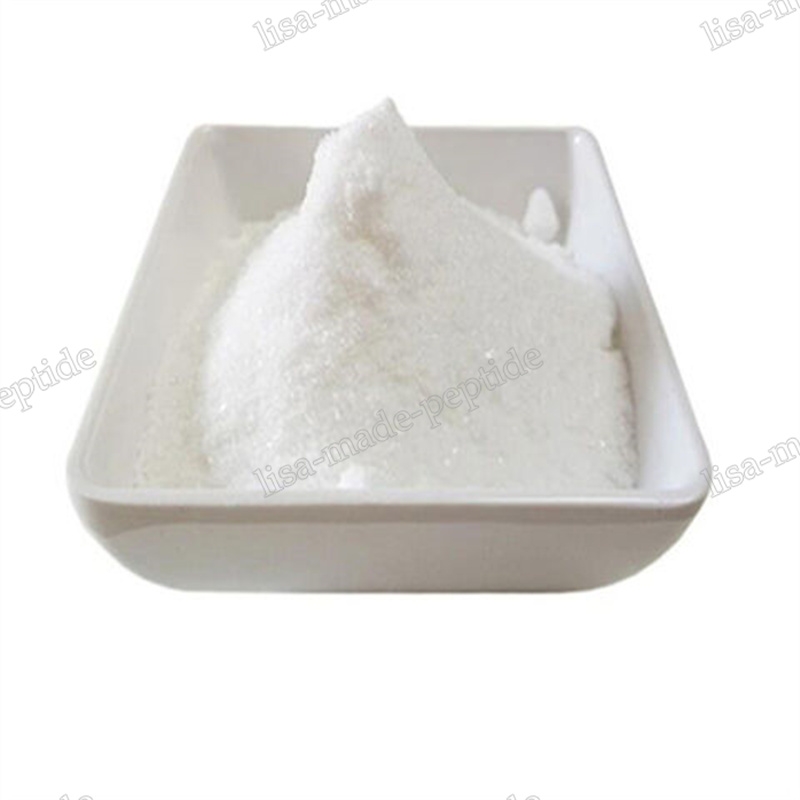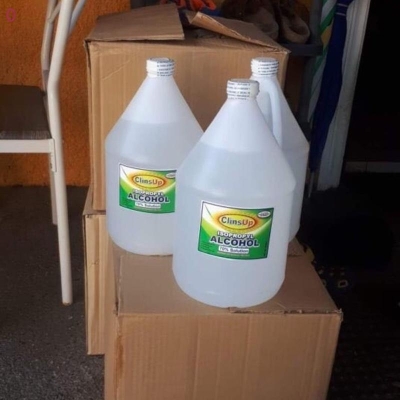-
Categories
-
Pharmaceutical Intermediates
-
Active Pharmaceutical Ingredients
-
Food Additives
- Industrial Coatings
- Agrochemicals
- Dyes and Pigments
- Surfactant
- Flavors and Fragrances
- Chemical Reagents
- Catalyst and Auxiliary
- Natural Products
- Inorganic Chemistry
-
Organic Chemistry
-
Biochemical Engineering
- Analytical Chemistry
-
Cosmetic Ingredient
- Water Treatment Chemical
-
Pharmaceutical Intermediates
Promotion
ECHEMI Mall
Wholesale
Weekly Price
Exhibition
News
-
Trade Service
Media Update: Shell has joined what may be the world’s largest carbon capture and storage (CCS) project in the future, the CCS Innovation District
.
Introduced by ExxonMobil in April 2021, the mega-giant's plan is to capture carbon dioxide from petrochemical and industrial facilities in the Houston Seaway and transport it to offshore reservoirs via subsea pipelines
.
The realization of this large-scale project will depend on the help of many other businesses and public stakeholders, as well as the skills of petroleum technicians who will be challenged to de-risk the formations in the region to find formations that are truly suitable for absorbing large amounts of carbon dioxide
.
$100 Billion CCS Plan
ExxonMobil expects the CCS hub in Houston to deliver up to 50 million tons/year of CO2 to offshore reservoirs by 2030 and 100 million tons by 2040; a figure that is seven times the total U.
S.
CCS capacity today
.
Globally, ExxonMobil has sequestered about 9 million tons of carbon dioxide each year
.
About 7.
4 million tonnes of that were injected underground at the company's Shute Creek facility in Wyoming, currently the world's largest CCS project
.
ExxonMobil, which will require at least $100 billion in new CCS projects, is asking for support at the federal, state and local levels to create a "CCS Innovation District" in Houston
.
The plan will be similar to other economic zones established by governments around the world to promote the development of strategic industries in the country
.
According to Blommaert, head of ExxonMobil's Low Carbon Solutions division, "Houston has two characteristics of CCS that make it an ideal location: it has many large industrial emissions sources, and it is in geological formations near the Gulf of Mexico that can store A lot of carbon dioxide, safe and permanent
.
"
Citing data from the U.
S.
Department of Energy, ExxonMobil estimates the carbon dioxide storage potential along the U.
S.
Gulf Coast at about 500 billion tons
.
That's the equivalent of more than a century of emissions from the U.
S.
industrial and power generation base
.
A 2020 paper by researchers at the University of Texas at Austin's Energy Institute also highlighted the area's "favorable stratigraphic properties" for permanent storage
.
Their research, supported and guided by ExxonMobil, provides a potential target for the supergiant's CCS project: the delta brine aquifer
.
To help operators better screen candidates in the future, researchers at the University of Texas have developed what they call a "unique and distinctive" geological model and simulation workflow
.
Their model reproduced delta formations in the Gulf of Mexico at depths ranging from 1,000 meters to 2,500 meters
.
A centerpiece of the paper is that different rock types and their structures may affect how injected carbon dioxide migrates within geological storage sites
.
The analysis shows that the shale layer is a very effective cap, or flow barrier, to carbon dioxide
.
The simulation results show that the CO2 retention rate is as high as 100% in the case of shale cover
.
14 well-known energy companies evaluated and inspected at the same time
Industrial gas company Air Liquide and chemical manufacturer BASF also joined Shell in expressing support for the project
.
A further 14 companies are evaluating the project, including oil and gas producers, refiners, chemical companies and power generators
.
In addition to ExxonMobil, companies supporting the program include: Chevron, Marathon Oil, Phillips 66, Dow Chemical, INEOS, Linde, LyondellBasell, NRG Energy and Calpine
.
Shell's decision to back the Exxon-led project comes just a few months after the company failed to secure a CCS deal
.
Shell said the deal would generate more than $100 million in government revenue for neighboring Louisiana
.
In October, Shell was one of a handful of oil producers to protest the Louisiana Department of Natural Resources awarding CCS operating agreements to two non-oil and gas companies
.
The 14 companies supporting the Houston-area CCS Innovation Center said they are in the evaluation phase
.
Last December, they attended a symposium at the University of Houston focused on how the consortium will work together to launch very large-scale CCS projects
.
"As the energy capital of the world, Houston has the expertise and leadership of industry, academia and policymakers to achieve a low-carbon, reliable and affordable energy future
.
I look forward to working with these 14 companies to enable Houston becomes a global leader in CCS,
" said Charles McConnell, director of the University of Houston's Carbon Management Energy Center, in a press statement
.
ExxonMobil and a growing number of partners have made recommendations on when construction of the CCS Innovation Center will begin
.
Whether the 2030 or 2040 injection targets will be met remains uncertain
.







